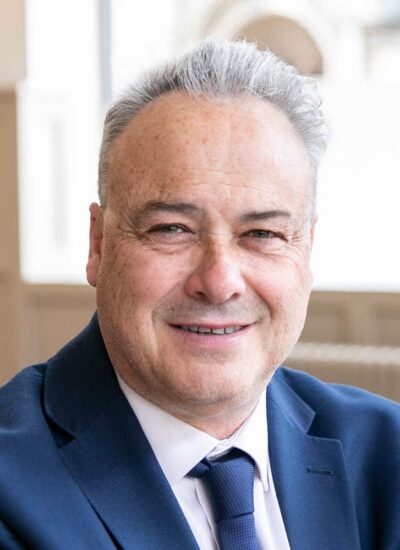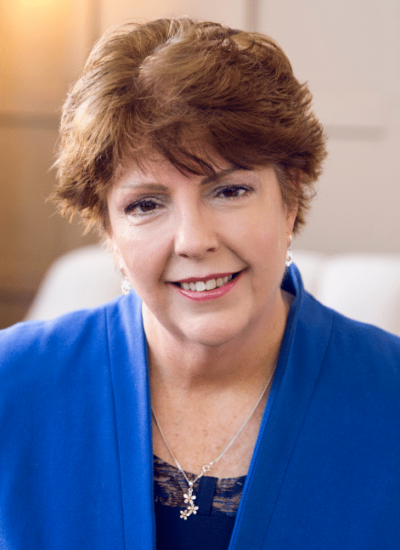Power of Attorney
Who can be power of attorney?
An Attorney can be your husband or wife, another family member, friend or a professional, such as a Solicitor or an Accountant.
Your Attorney has a great deal of power and responsibility so it essential that the person you choose is someone that you trust who will be able to manage your money and property, which may include selling your home in the future. You need to ask the person if they would be prepared to be your Attorney.
A Power of Attorney isn’t just for elderly people who are unable to make decisions themselves through mental incapacity.
You might wish to give someone temporary access to your finances while you still have capacity, for example if you are away for an extended period of time on business and need someone to make certain limited decisions on your behalf during your absence. One of our specialist advisers will be happy to discuss this with you.
You may need to consider the appointment of an Attorney on a more permanent basis if you are diagnosed with dementia. Your Attorney acting under your direct authority can use a Property & Financial Affairs Lasting Power of Attorney whilst you still have capacity to make your own decisions. If you then lose your ability to look after your property and money personally through mental incapacity, then your Attorney will manage these on your behalf.
What can a power of attorney do?
Your Attorney will be able to make decisions and deal with matters such as paying your bills and your mortgage, insuring and maintaining your property, investing your savings and, if becomes necessary, buying and selling property on your behalf.
You can restrict what decisions are made by your Attorneys or include specific instructions that they must carry out. This is something you can discuss with one of our specialist advisers.
A Property & Financial Affairs Lasting Power of Attorney does not allow your Attorney to make decisions about your Health & Welfare as they have power over how your money is spent unless you have also appointed them to act as your Attorney under a Health & Welfare Lasting Power of Attorney.
A Health & Welfare Attorney is able to make decisions on your behalf only if you lose capacity. This could include deciding where you live, your dietary needs and medical care, which could be whether to consent to or refuse medical examinations and treatment on your behalf and they can also decide what social activities you join in.
Your Attorney must always act in your best interest. They should consult you about decisions that need to be made to see if you have an opinion that ought to be taken into consideration.
A Lasting Power of Attorney cannot be used until it has been registered with the Office of the Public Guardian. There is fee payable on application for registration. In certain circumstances this fee can be reduced or waived entirely depending on the individual’s financial circumstances.
If you already have an Enduring Power of Attorney that was made before 2007, then this will still be valid for management of Property and Financial Affairs. For decisions about personal welfare, it is recommended that you make a Health & Welfare Lasting Power of Attorney.
For more information on how to appoint an Attorney, contact our Power of Attorney solicitors today.
Our Experts
Here to help
Our specialist teams can provide full service legal advice and assistance, providing practical and cost-effective solutions.
Our offices

Bournemouth
302 Charminster Road Bournemouth Dorset BH8 9RU 01202 525333




























